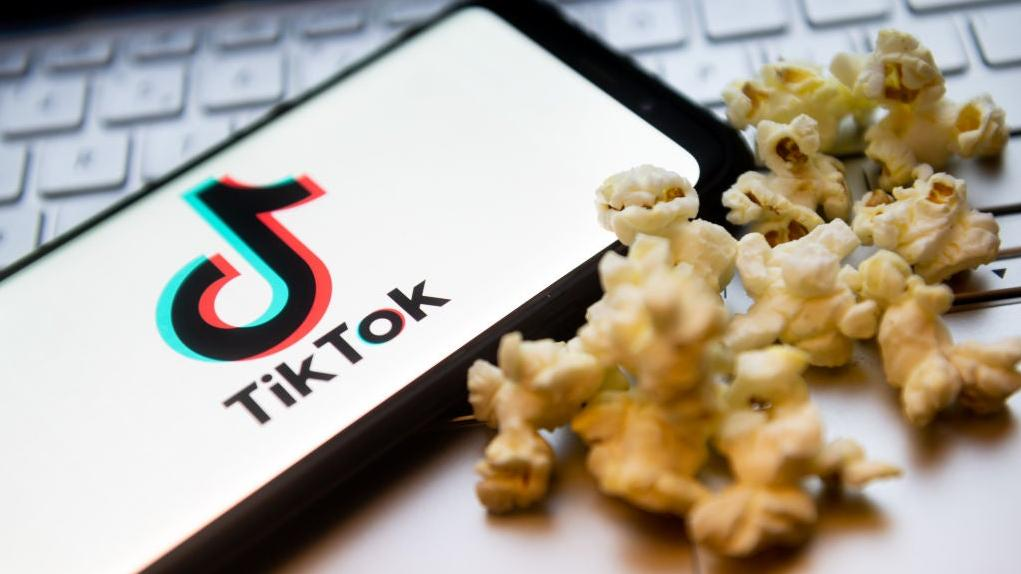How Can TikTok Put A Stop To Disordered Eating Content When It's Everywhere?
The app’s updated community guidelines ban harmful content around food and eating. But how effective is the crackdown, really?
Reality is a little shaky on TikTok. Misinformation spreads incredibly quickly among the platform's 1 billion monthly users, 25% of whom are under the age of 20. So it makes sense that content promoting disordered eating is nearly impossible to avoid, even if you're searching for, say, cooking videos. With that in mind, TikTok is updating its community guidelines to ban content that promotes disordered eating. But given the platform's reputation as the Wild West of social media, how effective can that ban be, really?
Per NPR, the updated community guidelines also ban harmful practices including deadnaming, misgendering, and misogyny. The changes are part of a broader safety-forward update on the platform. TikTok says it was already removing content that promoted eating disorders; however, the adjusted guidelines address content promoting "disordered eating," as well. That's a key distinction.
How TikTok’s guidelines address disordered eating
While the last iteration of TikTok's guidelines addressed, for example, egregiously pro-ana content, the guidelines failed to account for videos that promote extreme caloric restriction, harmful "fasts" or "cleanses," and overexercising. While these videos may not actively "promote eating disorders" like anorexia or bulimia, they're certainly promoting dangerous practices—often under the guise of health and wellness.
I see these videos constantly. Recently, I've been lingering on the weightlifting side of TikTok in an effort to, ahem, get swole. Safe weightlifting requires eating a ton of food—but I'm still plagued by "What I Eat In A Day" videos from pseudo-dietitians claiming they fuel their gains on 1,300 calories a day.
These videos go hand-in-hand with "holistic wellness" TikTokers who, despite having zero medical background, offer ways to "heal your body," often by cutting out entire food groups or restricting eating times.
(It's worth noting that a few of the women in my life have fallen prey to these videos, particularly after scary health diagnoses. Can you blame them? The ability to "heal oneself" via apple cider vinegar sounds pretty tempting.)
Beware of “wellness,” too
These videos that rebrand disordered eating as "wellness" go right alongside commercial services that profit under the guise of "health" when they're just restrictive diets. Fuck Noom, am I right?
This is all to say: While TikTok's attempt to cut down on this content is certainly commendable, terms like "health," "wellness," and "cleanse" are so normalized as part of diet culture that it seems impossible to whack all of these moles. When one influencer is banned from the platform, there are 30 more waiting to take advantage of the algorithm.
Maybe I'm jaded. Either way, I'll be curious to see if this new policy changes my TikTok feed for the better.
